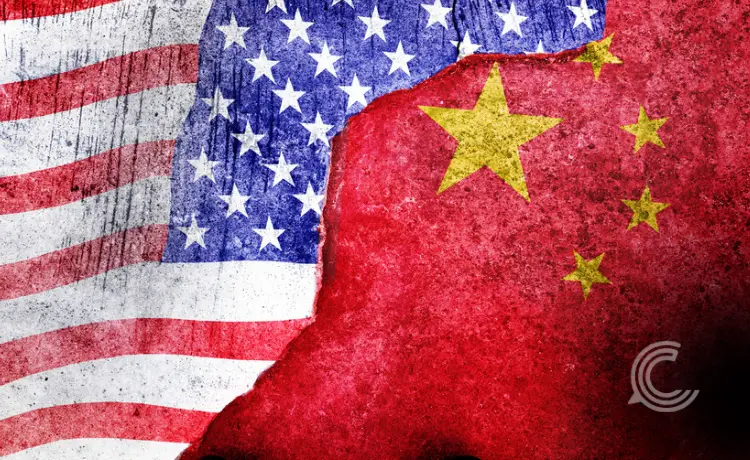China’s Retaliatory Port Fees Target US Linked Vessels

Key Highlights-
- China imposes port fees on U.S.-linked vessels, excluding Chinese-built ships.
- U.S. responds with 100% tariffs and export controls on critical software.
- The shipping industry faces higher costs, with some large vessels potentially paying over $10M annually by 2028.
China has initiated the collection of special port fees from U.S.-owned, operated, built, or flagged vessels, effective today. The fees, starting at 400 yuan ($56) per net ton, are set to increase annually, reaching 1,120 yuan per ton by 2028. Notably, ships built in China are exempt from these charges.
This action serves as a retaliatory measure against similar U.S. fees imposed on China-linked ships, which also took effect today. The U.S. fees are part of broader efforts to reduce China’s dominance in global shipping.
Impact on Shipping Industry
The new fees are expected to significantly affect the shipping industry, particularly for vessels carrying dry bulk cargoes like coal and other raw materials. Analysts estimate that by 2028, some of the largest vessels could face over $10 million in port fees annually, as per reports by Reuters.
Exemptions to the port fees include ships built in China, empty vessels entering Chinese shipyards for repairs, and certain other vessels specified by authorities. The fees are to be paid at the ship’s first Chinese port of entry or will apply to the first five voyages within a year. Unpaid dues will halt a ship’s import/export processing.
Diplomatic Reactions
U.S. President Donald Trump has announced an increase in tariffs on Chinese goods to 100% starting November 1 and introduced new export controls on critical software. In response, a Chinese commerce ministry spokesperson stated, “The U.S. cannot demand talks while simultaneously imposing new restrictive measures with threats and intimidation. This is not the right way to engage with China.”
Despite these tensions, U.S. Treasury Secretary Scott Bessent confirmed that President Trump and China’s President Xi Jinping are still expected to meet in South Korea in late October to discuss de-escalation strategies.
Also Read | Oil Prices Drop Amid Escalating US-China Trade Tensions
Market Reactions
The imposition of port fees has led to increased scrutiny of shipping companies, particularly those with U.S. links. For instance, DHT Holdings announced that its fleet is not subject to China’s new special port fees, as all its ships are owned by non-U.S. entities and operate under non-U.S. flags.
The reciprocal port fees mark a significant escalation in the trade tensions between the U.S. and China, highlighting the maritime sector as a critical front in their ongoing economic rivalry. As both nations continue to implement and respond to these measures, the global shipping industry faces increased uncertainty and potential disruptions



